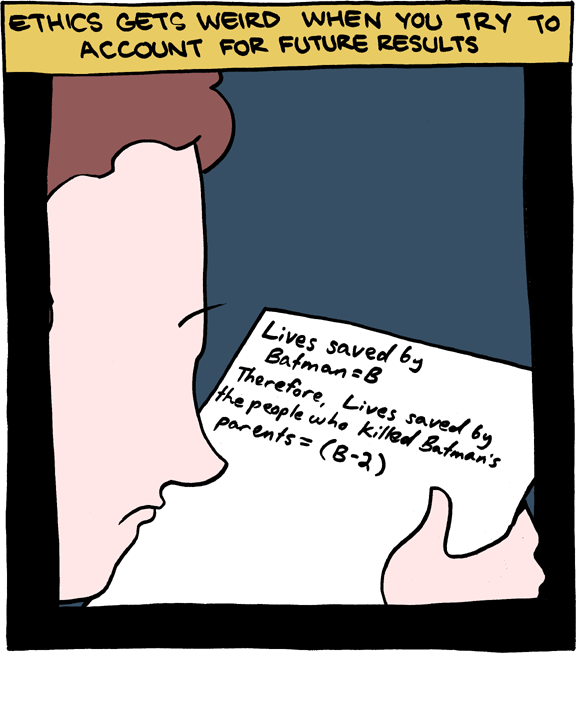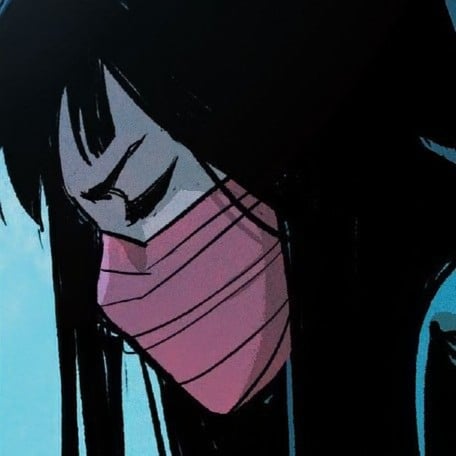What if multiple successful donations happen as a result? Does that make you a lifesaver?
Y…yes
deleted by creator
It makes you the killer, and the organ donor a life-saver…
I mean, you’re not really a donor until…
Username checks out…
Relevant SMBC:

You take a life to potentially save zero, one, or many.
It would depend of the health state of the victims, the probability of success of organ(s) transplant, and many more subtle factors to consider…
How do you choose the next potential victims,
It is above all a moral question -_-…
Are those waiting for a transplant better than the futur victims ? They deserve to live more than the futur victims ? Based on what criteria ?
If the killer wants to save lives so much, why doesn’t he sacrifice himself?
Maybe you should write a book about it !
who happens to be an organ donor
The way I read it is that the killer had no prior knowledge of the victim’s organ donor status. It sounds to me like a killer retroactively trying to justify their actions.
This is a ridiculous post. And a terrible one, actually. No, you aren’t clever.
There is an Indian TV series (Amazon Prime Original), named Breathe. A father starts killing people who have been listed as organ donors, one by one, until his son gets new lungs.
That’s a wild plot, I might give it a watch!
But it’s also pretty dark if you think about it… His son’s life is worth more than all the lives of those he kills for it.
Man, better to just harvest organs at that point!
This is the trolley problem.
The trolley problem is a series of thought experiments that should be morally equivalent. In all variations, the reader can choose to take an action that will directly result in the death of an innocent person who was otherwise ‘safe’, or do nothing and allow a larger group of people to die, and ask what is the morally correct choice.
There’s no right answer to the trolley problem. The interesting take away is that what most people agree is the morally correct answer depends how the problem is framed.
When the situation is framed as “you’re deciding between one person dying and many people dying” most people will agree the morally correct choice is the one where the fewest people die.
But when the situation is framed as “are you justified in murdering an innocent person to save many” most people agree the morally correct answer is no.
There’s even one variation where is is considered by most morally correct to murder one person to save many, if the person you’re murdering is responsible for putting the larger group in harms way in the first place.
Is it morally wrong not to kill organ donors?
I say yes






